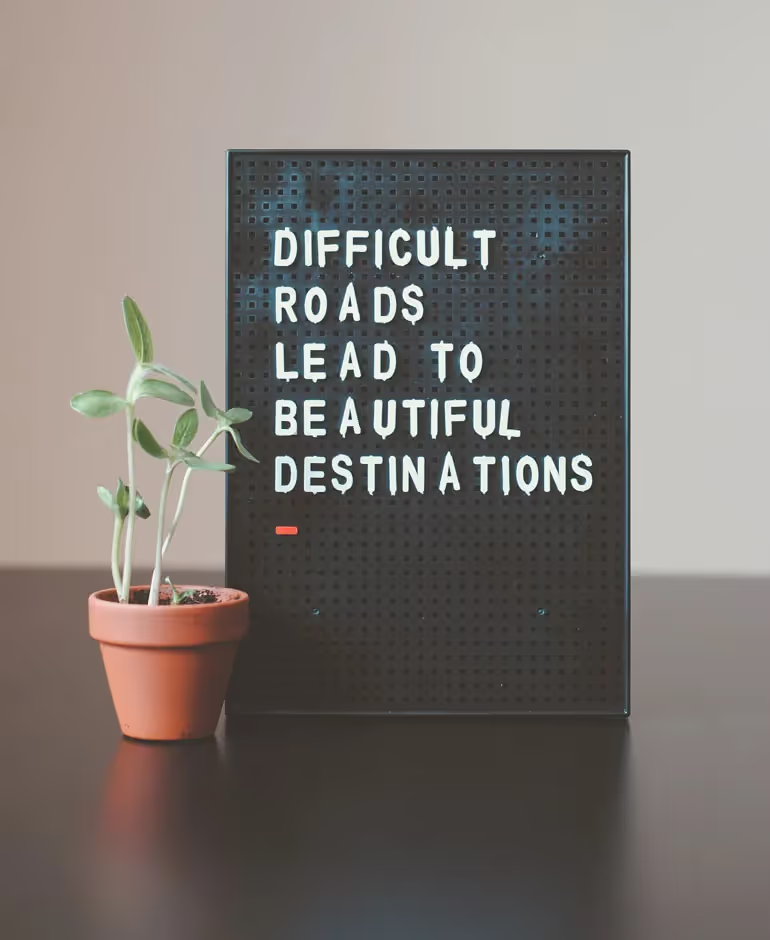Shopaholics rejoice! This is a blog post dedicated to helping you break your shopping addiction once and for all.We'll explore some of the root causes of...

Shopaholics rejoice! This is a blog post dedicated to helping you break your shopping addiction once and for all.
We'll explore some of the root causes of why you love to shop and offer some tangible solutions that will help you break the cycle.
Are you ready to learn how to stop your shopping addiction?
Let's get started!
The first step to kicking your shopping addiction is to understand why you love to shop in the first place.
Once you understand your motivation, you can begin to work on addressing the underlying issues.

If you find that you're spending more money than you can afford, it's time to make a budget.
Determine how much money you have coming in each month, and then track where every penny goes.
Make sure to account for both fixed expenses (like rent or car payments) and variable expenses (like food and transportation).
Any money left over can be used for discretionary spending, including shopping.
One way to kick your shopping addiction is to set some ground rules for yourself.
For example, you might vow to only shop once a week, or only purchase items that are on sale. By setting limits for yourself, you'll be less likely to overindulge in your favorite activity.
If you know that walking by your favorite store is likely to trigger a spending spree, do your best to avoid temptation. This might mean taking a different route home from work or unsubscribing from promotional emails from retailers. out of sight, out of mind!
We live in a culture that celebrates consumption, which can make it hard to resist peer pressure when it comes to shopping.
If your friends are always talking about the latest designer labels they're sporting, try to change the subject or politely excuse yourself from the conversation.
Remember, just because they're spending doesn't mean you have to as well!
When you're trying to break your shopping addiction, it's important to find a healthy outlet for all that extra time and energy.
Fortunately, there are plenty of options out there! You could take up biking, hiking, cooking, painting—the list goes on and on.
The important thing is that you find an activity that brings you joy and helps take your mind off shopping.
Admitting that you have a problem is the first step toward recovery—and this applies to shopping addictions as well!
If you find that your spending is out of control or impacting other areas of your life negatively, it's time for a change.
Talk to a trusted friend or family member about your struggles and ask for their support as you work towards breaking your addiction.

The first step in overcoming any problem is admitting that you have one. So, let's take a look at some of the signs that you might be a shopping addict:
If you identify with any of these signs, then it's time to take action and break the cycle of addiction.
Many different factors can contribute to someone becoming addicted to shopping. It could be genetic (some people are just wired that way), environmental (maybe you grew up in a family where material possessions were highly valued), or psychological (perhaps there's something missing in your life that you're trying to fill with shopping). No matter what the cause is, there is help available if you're willing to seek it out.
The first step in overcoming any addiction is recognizing that there's a problem and admitting that you need help. If you've done that, congratulations!
You're already ahead of most people who struggle with addiction because recognition and admission are two of the biggest hurdles to recovery.
The next step is reaching out for help from those who understand addiction and know how to treat it.
Overcomers Counseling can help you on your journey to recovery. We offer a variety of services, including individual and group counseling, that can help you overcome your addiction and get your life back on track.
If you think you might be addicted to shopping, don't despair. There is help available, and you can overcome this addiction with the right support.
Reach out to Overcomers Counseling today to learn more about our services and how we can help you on your journey to recovery.
Alcohol abuse is a pattern of drinking that leads to problems in one's personal, professional, or social life.
Treatment for alcohol abuse often includes counseling, support groups, and medication. With the right help, your spouse can recover from alcoholism and go on to lead a healthy and happy life.
Some resources for family members of addicts include therapy, counseling, 12-step programs, and other support groups. It is important to seek out these resources to get the tools you need to deal with your loved one's addiction. You can also find help for yourself through these resources.
The best way to help an addict without enabling them is by setting boundaries and getting help for yourself. It is important to remember that you cannot control the addict's behavior, but you can offer support and understanding. With time and patience, you can help your loved one recover from addiction.
Alcoholism refers to a disease that is characterized by a strong craving for alcohol and an inability to control one's drinking.
If you think you might be struggling with alcohol abuse, the first step is to talk to your doctor. Your doctor can help you assess your drinking habits and recommend treatment options. There are also many different types of treatment programs available for alcohol abuse, so you can find one that fits your needs and circumstances. Additionally, support groups can be a valuable resource for anyone struggling with alcohol abuse. These groups provide a safe space to share your experiences and connect with others who are facing similar challenges.